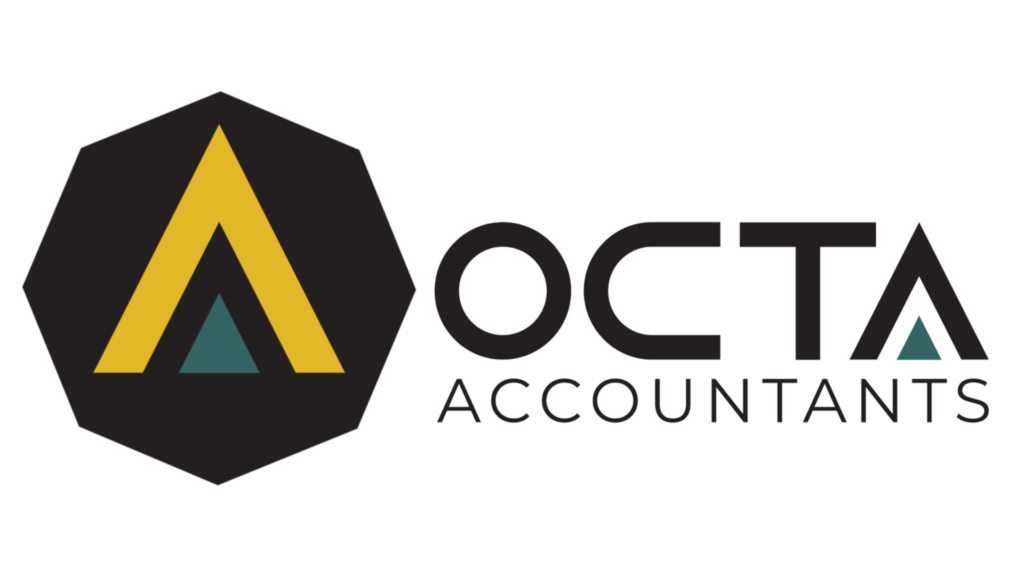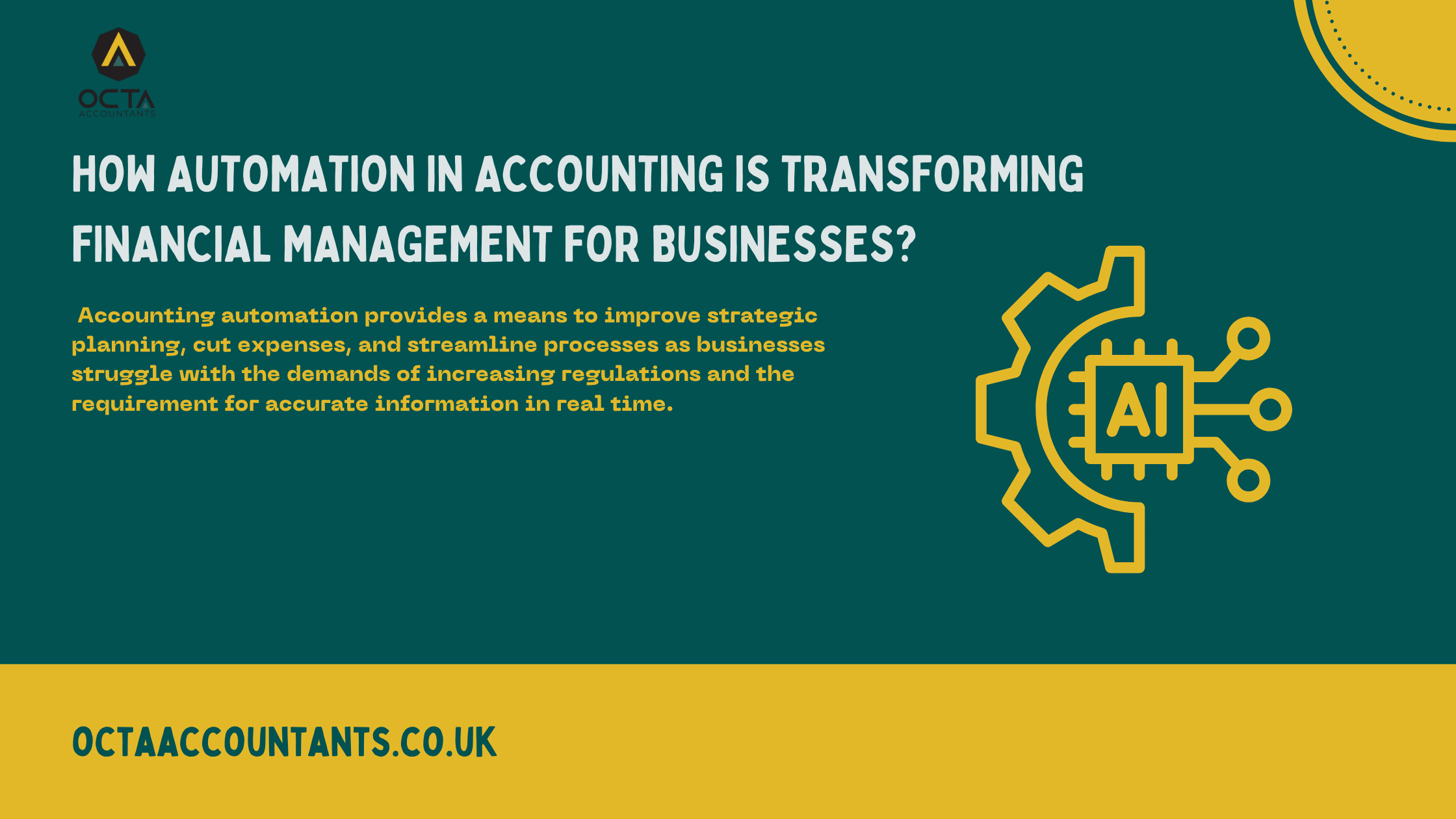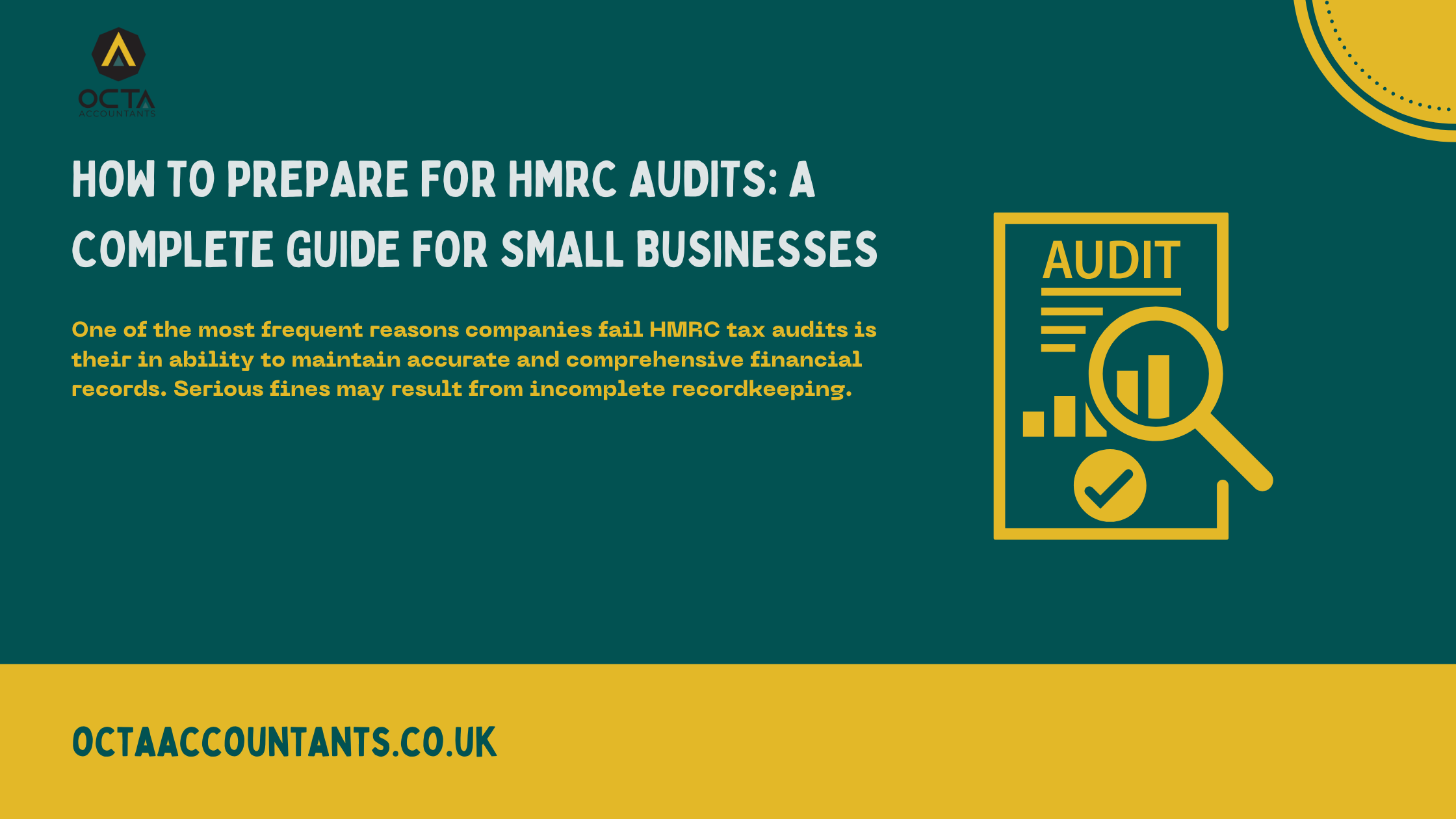
Octa Accountants

7 Min Read

Dec 02, 2024

Company Incorporation


Starting a business comes with a lot of excitement as well as apprehensions. Initially every business meets with a few challenges and you need to weigh the risks. Financial management is one the most critical among those challenges as it happens to be the backbone of any successful business. Ensuring stability, growth, and resilience against unforeseen challenges begins with effective financial planning startups can rely on Read our comprehensive guide below to understand the essentials of financial planning for start-ups and navigate the steps taken in advance to ensure a solid foundation for your start up in the long run.
The first and foremost priority of a startup should be in all cases the forecasting, management and optimization of their resources. It is an all encompassing phase including budgeting, setting financial goals, assessing risks, and ensuring compliance with legal and tax obligations. This helps startups secure funding while using their resources with caution to build a roadmap for the achievement of their business goals successfully mitigating risks through contingency planning.
Also Read: 7 Best Blogs For Accountants To Follow
Way before diving into numbers, start off by defining what financial success should look like for your business. Your goals should begin with reducing operational costs while securing funding for expansion. They may also involve achieving profitability within a defined timeframe and generating consistent cash flow. The goals you set should ideally be SMART referring to Specific, Measurable, Achievable, Relevant and Time-bound.
A budget is the foundation of your financial plan. It details anticipated income, spending, and savings, allowing you to use resources more efficiently. Identify fixed costs, variable costs and also hidden expenses like legal fees or software subscriptions for an accurate estimation. Predict income realistically basing your projections on market research, pricing strategies, and sales expectations. Set aside a portion of your budget for unexpected costs. A good rule of thumb is to allocate 10-20% of your budget to an emergency fund.
Cash flows are a vital component of a startup. Even thriving businesses might fail if cash flow is not managed effectively. To maintain a healthy cash flow track it regularly. Encourage prompt payments and avoid unnecessary expenses by focusing on investments that generate returns. In the context of financial planning for startups, positive cash flow ensures meeting daily operational needs without resorting to loans or overdrafts.
Navigating the complexities of eCommerce accounting can be overwhelming, but you don’t have to do it alone. At Octa Accountants, we specialize in helping businesses streamline their financial processes, manage inventory, and stay compliant with tax laws. Whether you’re a small business or a growing enterprise, our expert team is here to ensure your finances are in perfect order—so you can focus on scaling your business.
Most startups require external funding to get their feet up the ground in the beginning. You might consider several funding options which include but are not limited to using personal savings to self fund, borrowing from friends, investors or venture capitals, bank loans and crowdfunding. In order to have a positive response when seeking funding, have a clear pitch and a well-prepared financial plan to convince others of your startup’s potential.
Your pricing approach has a direct influence on revenue and consumer perception. Strike a balance between being competitive and meeting your costs. You may do so by considering the cost of production, deeply studying market trends and perceived value by customers. Regularly review your pricing model to ensure it aligns with your financial goals and market conditions.
Also Read: Will accountants be replaced by AI?
No financial strategy can be everlasting as it is. Review your financial performance on a regular basis in comparison to your goals, and make adjustments as needed. The key metrics to monitor are revenue growth, gross and net profit margins as well as return on investment. Data needs to be analyzed in real time to identify trends and areas for improvements.
It is crucial for startups to stay compliant with tax laws and legal requirements to avoid penalties. Firstly, register your business with the HMRC. Then, understand your tax obligations, including VAT, corporation tax, and PAYE for employees. Next, keep detailed financial records to streamline tax filing and audits. If you feel overwhelmed getting the hang of things then it is best to hire an accountant or tax advisor for expert guidance. Proper compliance will ensure protection of your business and also enhance its credibility with stakeholders.
Unexpected challenges could arise regardless of how detailed your financial strategy is. Economic downturns, market upheavals, and unanticipated costs can all derail your startup. A contingency plan guarantees that you are ready to adapt. Start off by maintaining an emergency fund. Your next step should be to diversify revenue streams to reduce reliance on a single source. Building strong ties with suppliers, customers, and investors for support during tough times can also be helpful.
Financial planning can be complicated, so obtaining expert assistance can save you time and money by ensuring your start-up’s finances are managed efficiently and correctly from the start. Accountants can help with tax compliance, bookkeeping, and forecasting, enabling you to focus on your core business without worrying about errors or missed deadlines. Financial advisors bring valuable insights into managing investments, securing funding, and creating long-term strategies that align with your business goals. Additionally, business consultants provide tailored advice to streamline operations, reduce costs, and improve profitability. They can also help you identify and mitigate financial risks, ensuring that you’re well-prepared for potential challenges. By leveraging the expertise of these professionals you can avoid monetary losses and strengthen your financial strategies.
Here at Octa Accountants, we specialize in helping startups like yours to develop and execute effective and efficient financial strategies to combat their challenges. From creating budgets to managing taxes and ensuring compliance, our expert team is here to support you every step of the way. Contact us now for personalized advice and solutions tailored to your start-up’s unique needs. Let’s turn your dream of a start-up into a thriving business in reality!
About Us
Octa Accountants is a one-stop accounting firm that offers a wide range of finance management services.
Our Blogs
How Automation in Accounting is Transforming Financial Management for Businesses?
How Automation in Accounting is Transforming Financial Management for Businesses? Octa Accountants 7 Min Read Apr 14, 2024 Technology Staying ahead of current trends is crucial for development and sustainability…
What is UK Corporation Tax?
What is UK Corporation Tax? Octa Accountants 7 Min Read Apr 14, 2024 Company Incorporation For businesses hoping to be legally and financially effective, navigating the complexity of the UK…
How to Prepare for HMRC Audits: A Complete Guide for Small Businesses
How to Prepare for HMRC Audits: A Complete Guide for Small Businesses Octa Accountants 7 Min Read Apr 14, 2025 Audit From overseeing daily operations to making sure financial records…



